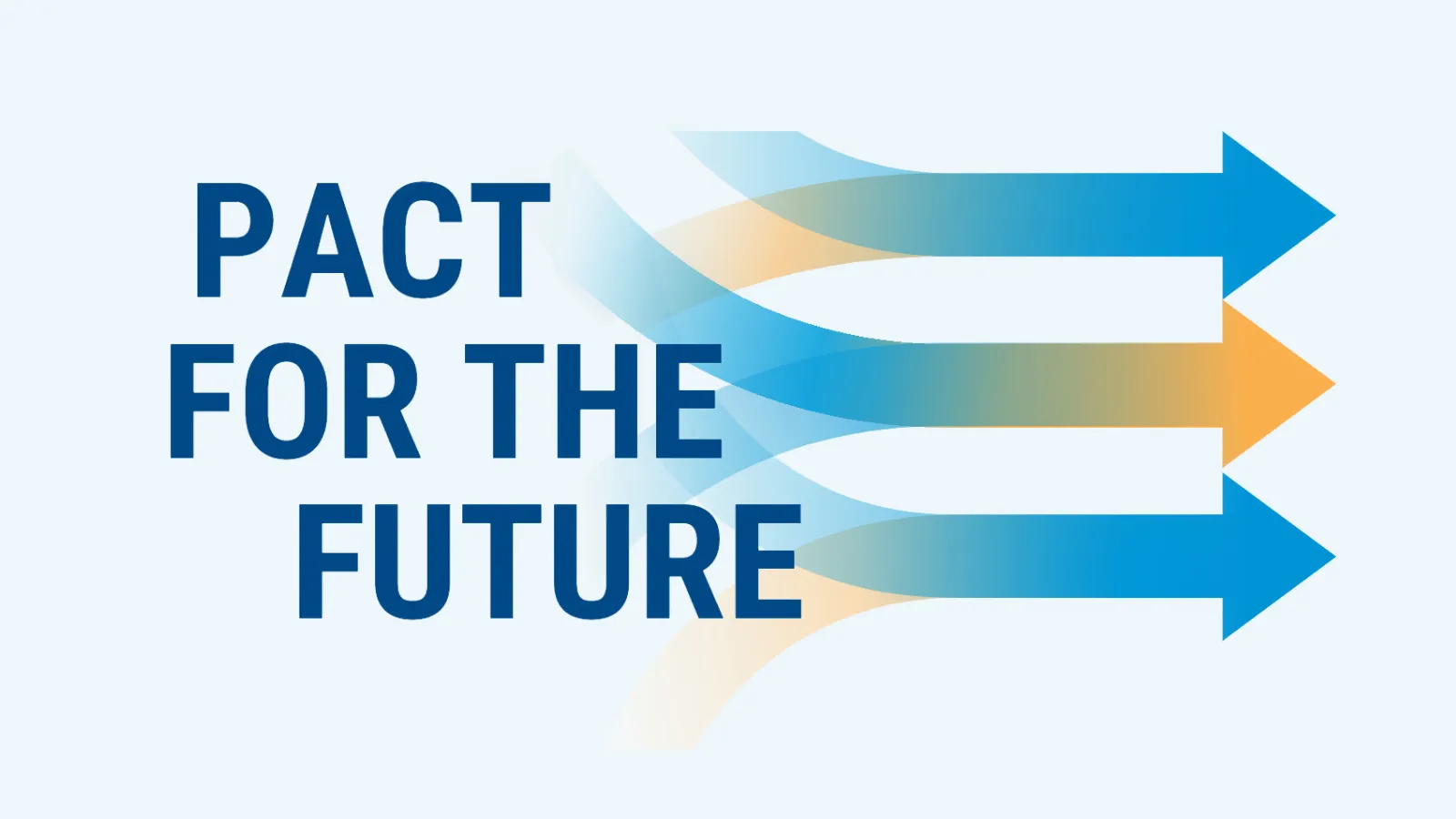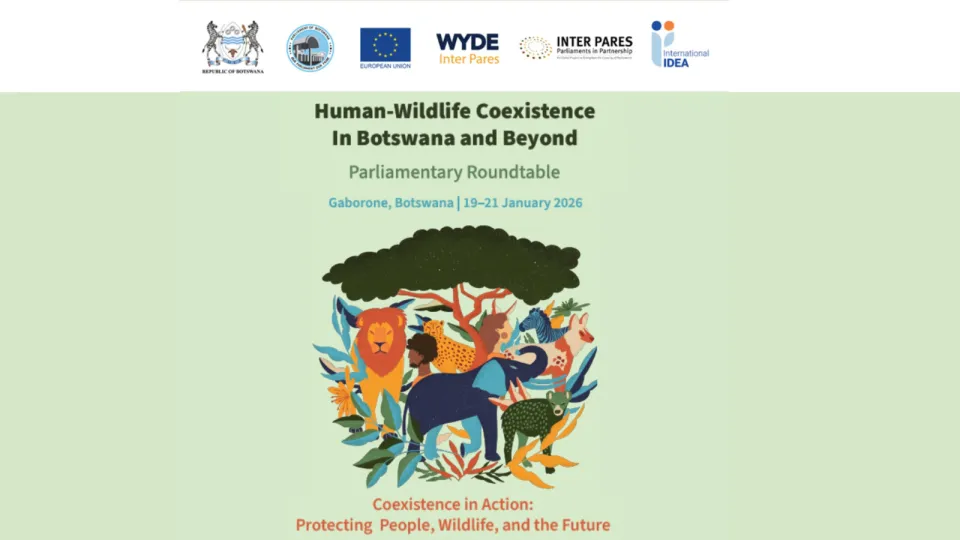Securing Tomorrow: The Democratic Gaps in the Pact for the Future

However, one of the key global challenges missing from the Pact is the decline of democracy, a pressing issue that has significant implications for the other areas the Pact seeks to address. International IDEA’s Global State of Democracy Report 2024: Strengthening the Legitimacy of Elections in a Time of Radical Uncertainty highlights how democratic decline and rising authoritarianism are undermining political rights and civic space, which are fundamental for achieving the Pact’s goals on peace, security, and sustainable development.
More specifically, looking at the Pact from a democracy lens, some key findings stand out, including critical gaps:
Global Threats to Democracy: The Pact fails to explicitly address the rise of authoritarianism and the global decline in democracy, both of which contribute to global instability. While the Pact discusses the need to democratize global governance systems, including the UN Security Council, it does not recognize the critical importance of democratic governance at the national level (the four mentions of democracy in the Pact refer solely to multilateral governance).
Democratic Institutions: While the Pact acknowledges institutions like parliaments and civil society organizations, it fails to explicitly acknowledge the role of democratic institutions in ensuring political stability, peace, and accountability, and also overlooks the crucial role of electoral bodies. These institutions are essential for conflict prevention and sustainable development, and the Pact should include stronger commitments to protect them.
Civil Society: Although the Pact emphasizes the need for stronger partnerships with civil society and the need to protect human rights organizations from reprisals, it falls short in acknowledging the increasing repression faced by civil society in many parts of the world. And by using the wording “in accordance with national legislation” it fails to acknowledge how national legislation is increasingly used to curtail civic space.
Media Freedom: The Pact highlights the need to protect journalists, but only within the context of conflict zones. It does not adequately address the broader global threats to media freedom or freedom of expression, and the critical impact this has on achieving the goals of the Pact – a free media plays a crucial role in ensuring independent scrutiny of policies needed to implement the Pact. It also fails to acknowledge the damaging impact of disinformation (potentially turbocharged by Artificial Intelligence -AI) on democratic processes. The need to protect journalists should extend beyond conflict settings and the Pact should recognize that disinformation weakens the democratic fabric of societies and electoral processes, and that combatting it should be carefully balanced with the right to free speech.
Inclusive Governance: The Pact acknowledges the importance of women and youth participation, but it fails to make a broader connection to the need for inclusive political participation and to recognize the importance of inclusive governance for preventing conflict and promoting sustainable peace.
Electoral Integrity: The importance of free and fair elections is missing from the Pact. Electoral bodies are key to ensuring peaceful transitions of power, and the Pact should call for international support to strengthen the integrity of electoral processes and safeguard independent electoral bodies.
Independent Judiciaries: While the Pact emphasizes justice and the rule of law, it does not adequately address increasing threats to judicial independence around the world. Protecting courts from political control is vital for sustaining peace and security, and the Pact should highlight the importance of independent judiciaries as a pillar of democratic governance.
The Global Digital Compact (GDC) (Annex 1) seeks to establish shared international principles for the use of emerging digital technologies addressing issues such as digital connectivity, data protection, digital rights, and equitable access to technology globally. While the final GDC recognizes human rights and the need for safe digital spaces, critical gaps remain. It falls short in providing robust protections for electoral integrity and safeguarding against digital repression. The lack of strong, legally binding language for human rights oversight also limits its ability to address human rights abuses effectively in the digital realm. While the final GDC recognizes that digital cooperation is multi-stakeholder, it remains vague on how the multi-stakeholder approach will be implemented, including for AI governance.
The Declaration on Future Generations (Annex 2) upholds human rights and inclusivity and recognizes the importance of political rights. However, it does not explicitly emphasize the importance of inclusive political participation for groups such as women, youth, and people with disabilities and other marginalized groups in democratic processes.
The Pact for the Future has the potential to reshape global governance and address pressing global challenges, but it requires a stronger emphasis on democratic institutions, inclusive governance, and civil liberties. Without addressing the rise of authoritarianism and the erosion of democratic systems, the Pact may fall short in achieving sustainable peace, security, and development. To build a more just and stable world for future generations, the future of democracy must be prioritized in the Pact.
Disclaimer: Opinions expressed in this commentary are those of the author and do not necessarily represent the institutional position of International IDEA, its Board of Advisers or its Council of Member States.




